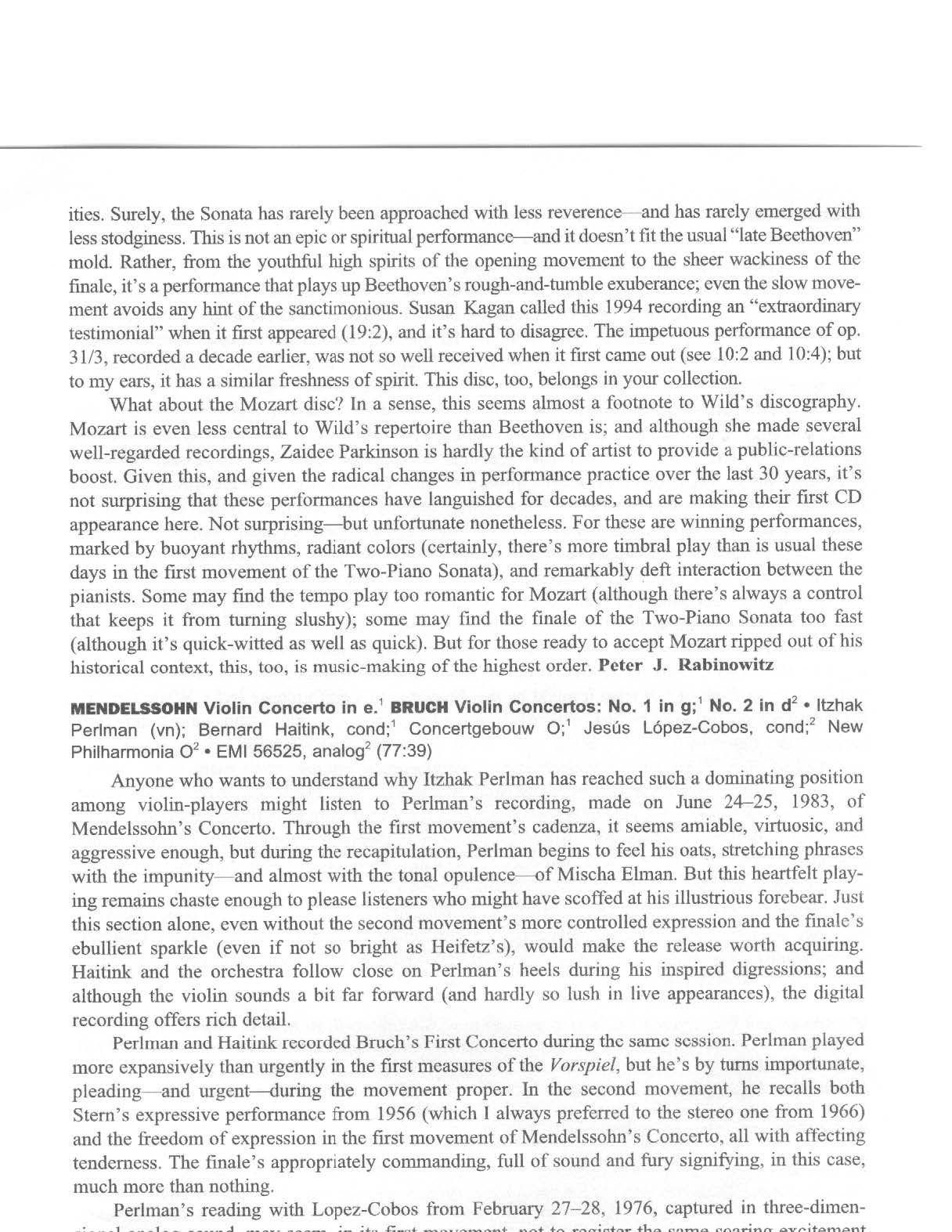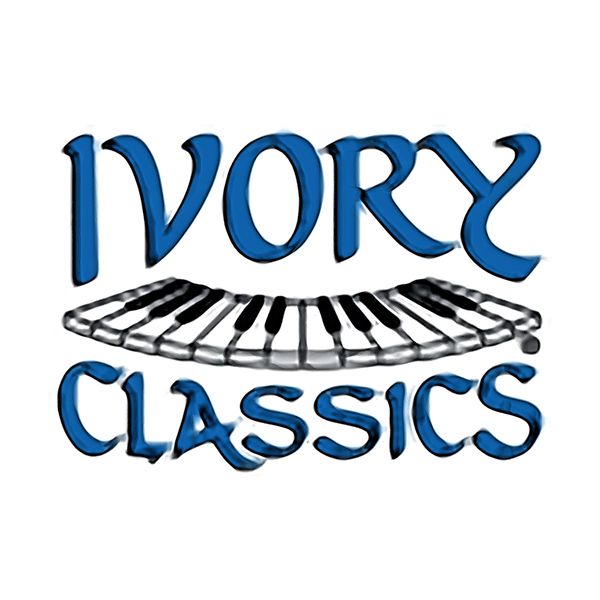Earl Wild's Beethoven Sonatas: No. 29 'Hammerklavier' & No. 18
Earl Wild's Beethoven Sonatas: No. 29 'Hammerklavier' & No. 18
Couldn't load pickup availability
This CD features a performance of two beloved Beethoven Sonatas - the No. 29 'Hammerklavier' and the No. 18. Recorded by renowned pianist Earl Wild, this exceptional recording provides an unforgettable experience of two of Beethoven's most celebrated pieces.
Ivory Classics CD-76001
Earl Wild's Beethoven Sonatas: No. 29 'Hammerklavier' & No. 18
Ludwig van Beethoven (1770-1827):
Piano: Earl Wild
Producer: Michael Rolland Davis
Engineer: Ed Thompson
Tracks 1-4 recorded at Fernleaf Abbey, Columbus, Ohio April 18-19 1994
Tracks 5-8 recorded at St. Barnabas Church, Finchley, London, February 1-2 1984
Original Masters - Recorded at 20-bit and remastered at 24-Bit High Resolution digital
Original and Remastering Producer (1-4): Michael Rolland Davis
Original and Remastering Engineer (1-4): Ed Thompson
Original Producer (5-8): Philip G. Moores
Original Engineer (5-8): Mike Skeet
Remastering Producer and Engineer (5-8): Michael Rolland Davis & Ed Thompson
Piano (1-4): Baldwin - Andrei Svetlichny, piano technician
Piano (5-8): Bosendorfer - Michael Marney, piano technician
This recording was made possible through the support of
The Ivory Classics Foundation and Jason Subotky
Photos of Earl Wild at Carnegie Hall by Steve J. Sherman 2005
Liner Notes: Christopher Weiss
Design: Samskara, Inc.
It seems impossible to discuss a nicknamed work by Ludwig van Beethoven without encountering some measure of gentle controversy. The Piano Sonata of Opus 106, the twenty-ninth in Beethoven's compositional output, provides no exception...
Disc.Reviews
Neither of these performances is new. Op. 31 No. 3 was recorded in 1994 and issued on Dell'Arte 0590, subsequently conjoined with Op.22 on CDDBS 7004. whilst the Hammerklavier was taped a decade later for Chesky. Both are imposing, clear sighted, logical and impressive achievements.
Op.31 No.3 or The Hunt finds Wild fully in control of those elements of alternation between pomposo and elegant precision that so animates it. The watchword is clarity throughout and finger-work is lucid. Wild avoids mannerisms, rhetorical point-making, stylistic over-inflation and extraneous gesture. He simply gets down to the business of music-making without fuss. The Scherzo therefore is deftly characterized, sent on its way with rhythmic control, tension generated through purely musical means and no elastic rubati. The finale is smoothly assured, and untroubled.
The companion work is again a fount of digital clarity, a paring down of gestures. Wild's way is not for the heavily philosophic or in any way ponderous, either in terms of tempo or style. He sees these two very different works, in a sense, in a kind of Beethovenian continuum. Naturally, the Hammerklavier is an altogether bigger work in every sense but Wild brings to it the same qualities of control, buoyancy, rhythmic engagement, and apposite weight that he demonstrated in The Hunt. He brings a rugged, powerful direction to the Scherzo and a non-philosophical sense of linear clarity to the slow movement. His is not at all the kind of performance that, say, Schnabel or Solomon espoused but then the sense of clarity he brings to the Fugue in the finale aligns very well with his conception of the sonata as a whole. It necessarily clarifies and to an extent objectifies things but does so with a necessary sense of struggle, though not physical or digital struggle needless to say. Wild's mechanism is admirably intact.
The performances have been well served in respect of documentation and presentation and the sound quality is well balanced. If you enjoy readings that are assured in direction, tonally rounded, sympathetically lean and un sentimentalized, then Wild will fill the bill nicely.
Jonathan Woolf, Music Web.com, Mar. 2008












































